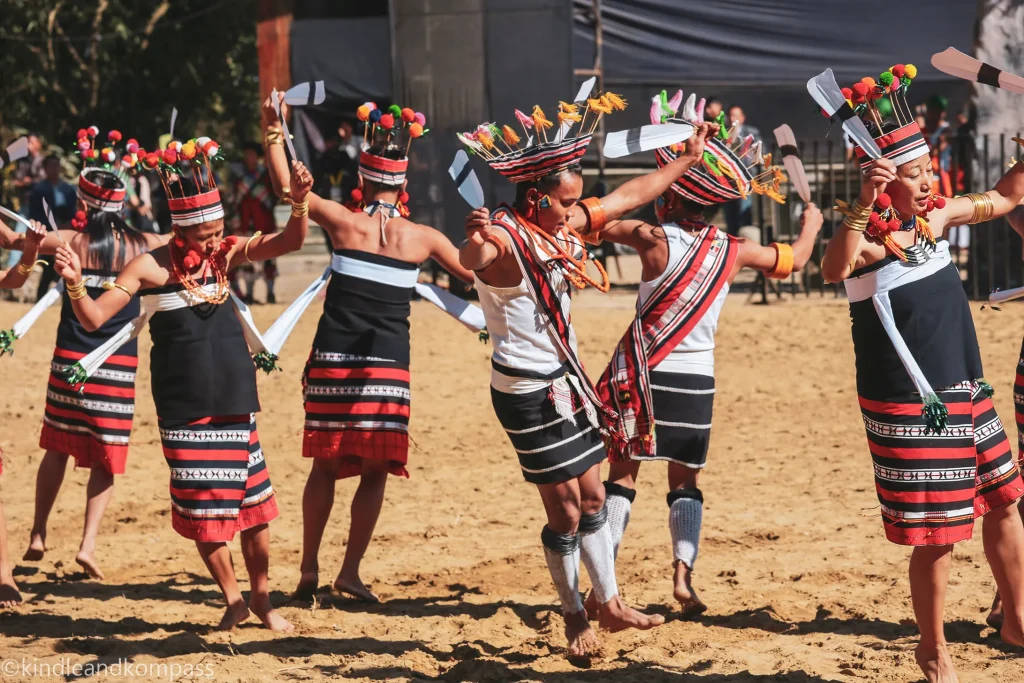Context
The 25th edition (the Silver Jubilee) of Nagaland’s famed Hornbill Festival is now underway amidst a wide public debate on relaxing the 35-year-old liquor prohibition law for the duration of the festival.
More on News
- State tourism Minister, announced that the government has granted permission for tourists and stall owners to serve Indian-made Foreign Liquor (IMFL) within the festival grounds at Kisama Heritage Village.
- This decision has been condemned by prominent church organizations, which have consistently opposed efforts to make alcohol, including traditional rice beer, publicly available at the state’s largest event.
- Adding to the complexity of the situation is the state government’s proposed review of the Nagaland Liquor Total Prohibition (NLTP) Act of 1989.
Liquor prohibition law in Nagaland
- When American Baptists arrived in Nagaland in the 1870s, they introduced new moral codes to a state where brewing rice beer was a common practice.
- The consumption of alcohol was subsequently painted as sinful behaviour with strict penalties for converts.
- Ethnographer J.P. Mills noted that from the 1890s onward, alcohol was strictly prohibited, and those who violated the rule would be expelled from the community.
- Today 87% of the state’s population is Christian, a majority of whom are Baptists.
- In 1989, complete prohibition was officially implemented in Nagaland through the NLTP, with support from the Church and the state’s leading women’s organization, the Naga Mothers’ Association (NMA).
- However, the preparation and consumption of rice beer has continued to this day.
About the Hornbill Festival
- The festival is named after the hornbill, the large and colourful forest bird which is displayed in the folklore of most of the state’s ethnic groups.
- It was Launched in 2000 as an annual tradition, it seeks to promote tourism by highlighting Naga heritage and culture.
- Every year the festival is celebrated in a grand manner, for 10 days in total, that it even got the nickname — Festival of Festivals.
- The festival acts as an umbrella of the major festivals celebrated by the 14 recognised Naga tribes in the state, each replete with its own traditions and practices.
- This is the only time in this dry state that Thutse or local rice beer is openly sold and liberally consumed with the consent of the government.


